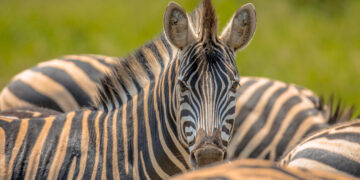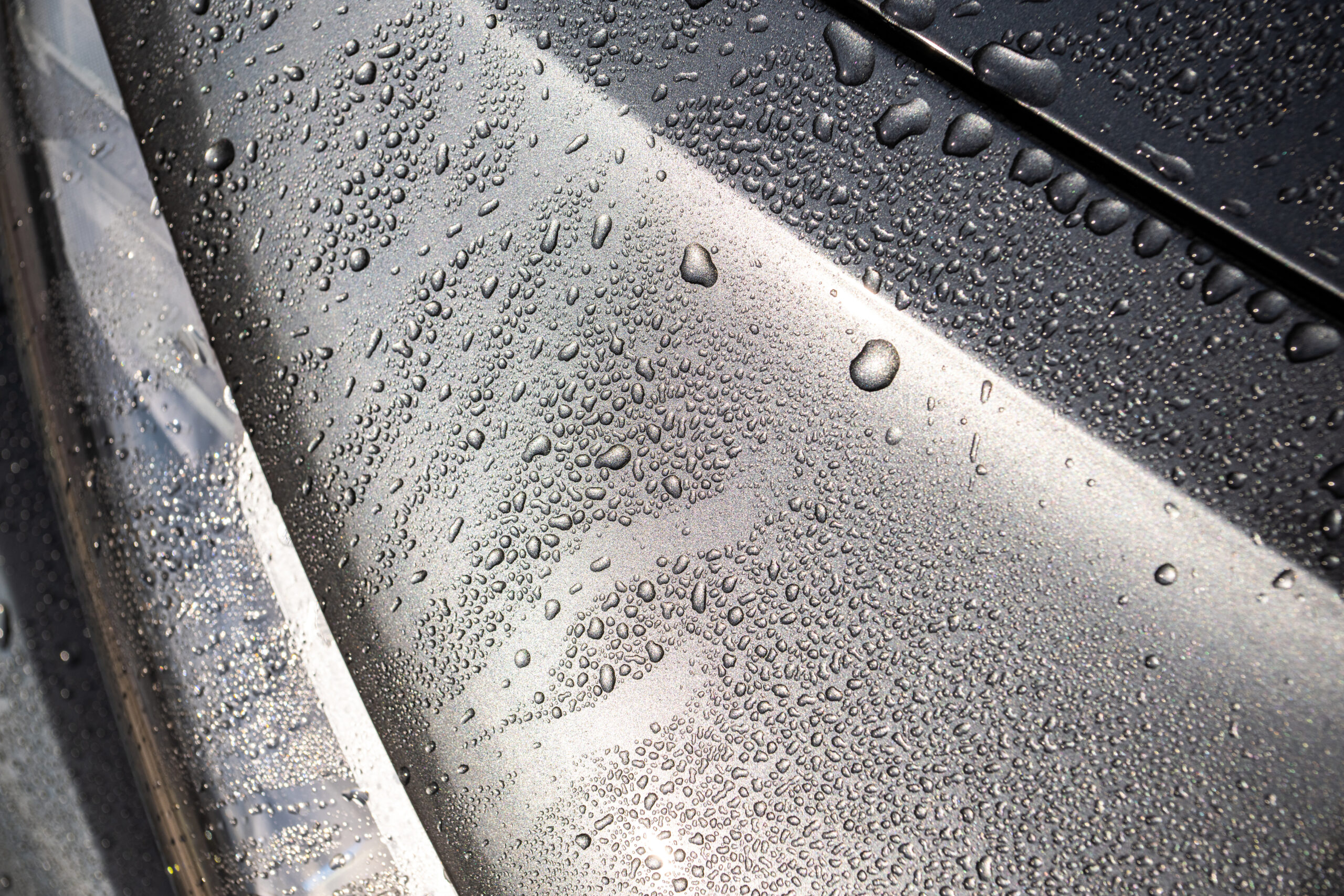Generally, animals who consume plant-based foods with low amounts of indigestible fiber have a shorter intestine than those who consume high-fiber foods. Conversely, most animals (including humans) who eat meat contain a much longer intestine to aid in the passage of animal-based foods. What are the other consequences from venturing from the plant diet? Read more here!
What are Carnivores and Herbivores?
Herbivores have longer intestines than carnivores because their diet requires more time to digest. Herbivores eat plants, which are full of fiber and other complex carbohydrates that take a long time to break down. In contrast, carnivores eat meat, which is mostly protein and fat and is much easier to digest.

The difference in digestive time is due to the different types of food that each animal eats. Plants are full of complex carbohydrates that take a long time to break down, while meat is mostly protein and fat and is much easier to digest. This difference means that herbivores need more time to extract all the nutrients from their food, so they have longer intestines.
Different animals have different digestive systems that are adapted to their particular diet. For example, Ruminants (such as cows) have a four-chamber stomach that ferments their food before it enters the intestine. This allows them to extract more nutrients from their plant-based diet. In contrast, Carnivores (such as lions) have a simple stomach and a shorter intestine because their diet does not require as much time to digest.
Differences between Herbivorous Long Intestine and Carnivorous Short Intestine
There are several major differences between a herbivorous long intestine and a carnivorous short intestine. For one, the length of the intestines is much different. A herbivore’s intestine can be up to 12 times the length of their body, while a carnivore’s intestine is only 3 times the length of their body. The difference in length is due to the fact that herbivores need to digest plant-based material, which takes longer than meat.
Another key difference is the structure of the intestines. The walls of a herbivore’s intestine are much thicker than those of a carnivore. This is because plant-based material is more difficult to digest and requires more time in the gut. The thicker walls also allow for more bacteria to live in the gut, which helps with digestion. Carnivores have shorter, thinner intestines because meat is easier to digest and doesn’t require as much time in the gut.
Finally, there is a difference in the types of bacteria that live in each type of intestine. Herbivores have more diverse gut bacteria than carnivores. This again is due to the fact that plant-based material takes longer to digest and provides more food for bacteria to grow on. The different types of bacteria help with breaking down complex carbohydrates and other plant-based nutrients.
Nutrition Comparison

The main difference in the digestive system of a carnivore and an herbivore is the length of the intestines. Carnivores have shorter intestines because their diet consists mostly of meat, which is easy to digest. Herbivores have longer intestines because their diet consists mostly of plants, which are more difficult to digest.
There are several reasons why having a long intestine is beneficial for herbivores. First, it allows them to extract more nutrients from their food. Second, it helps them to eat large quantities of food at one time, which is necessary since they are usually grazing animals with access to limited resources. Finally, it provides them with a large surface area for bacterial fermentation, which aids in digestion.
In contrast, there are some drawbacks to having a long intestine. First, it makes the animal more susceptible to dehydration since there is a greater chance of water being lost through the intestine walls. Second, it increases the risk of infection since bacteria have more opportunities to enter the body through the length of the intestine.
Common Examples of Herbivores and Carnivores
Herbivores typically have longer intestines than carnivores for a few reasons. For one, plant material takes longer to digest than meat. Herbivores also consume more indigestible plant matter, like cellulose, which adds bulk to their stool and requires more time to move through the digestive system. Finally, herbivores tend to eat fewer meals per day than carnivores since they require less energy. This means that their intestines have more time to break down food before the next meal comes along.
Conclusion
It’s interesting to think about why herbivores have longer intestines than carnivores. It makes sense when you think about the different diets that these animals consume. Herbivores eat plants and vegetables, which take longer to digest than meat. Carnivores, on the other hand, eat meat, which is easier to digest. This difference in diet explains why herbivores have longer intestines than carnivores.








